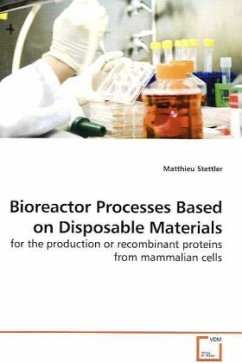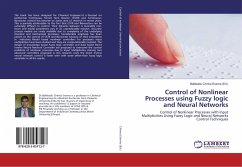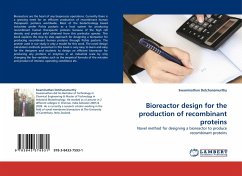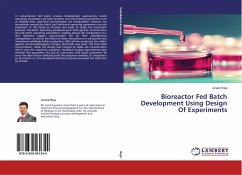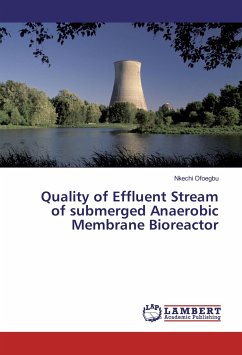The objective of industrial cell culture technology is to produce high value-added therapeutic proteins that are well suited for the treatment of infectious diseases, cancer, and autoimmune diseases. Nowadays, an important focus is the reduction of the time and costs from the discovery of the candidate molecule to the full-scale production. Relying on enabling technologies is critical for meeting this objective. Simultaneously, novel technologies are expected to increase the clinical and commercial success rates. In recent years, new concepts based on innovative disposable materials emerged and appeared to be promising alternatives to standard bioprocessing equipment. This thesis work focused on the development of such disposable compounds in mammalian cell culture applications, particularly for the containment of the cells, and was aimed at demonstrating their benefit in terms of cost- effectiveness, ease-of-use and flexibility. Most importantly, it established that orbital shake technology can be used for a wide range of operating scales, from only a few milliliters for optimization purposes up to production scale.
Bitte wählen Sie Ihr Anliegen aus.
Rechnungen
Retourenschein anfordern
Bestellstatus
Storno

